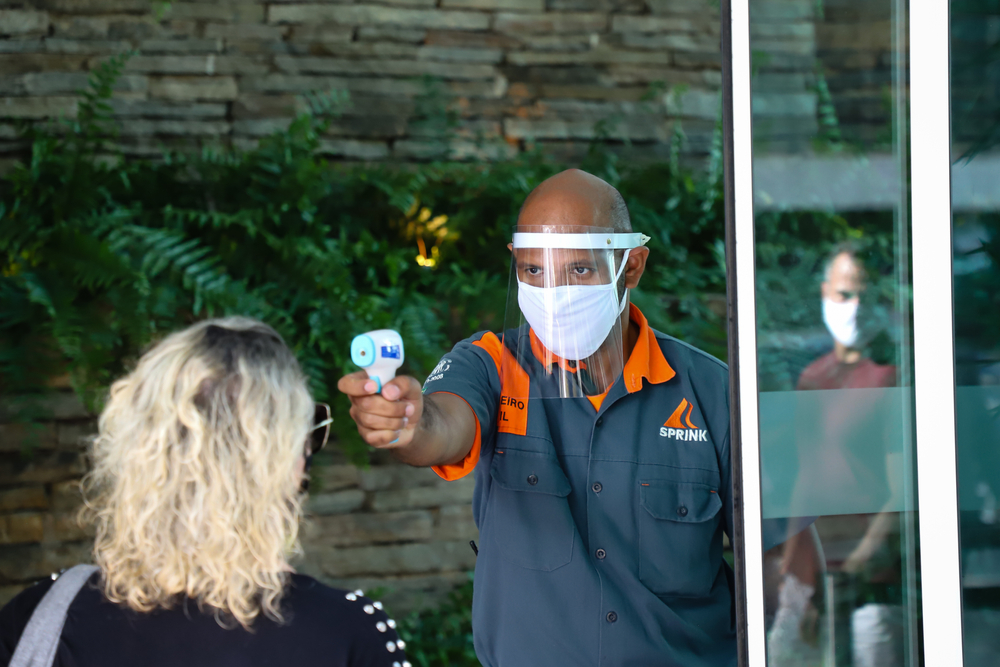A report by Citibank Brazil executives Leonardo Porto and Paulo Lopes says the reopening of Brazilians to non-essential economic activities presents a high risk of being premature and further worsening the country’s already acute economic downfall. The document takes into account factors such as the current transmission rate of the coronavirus, daily death tallies, and testing figures to predict whether a country has the right conditions to succeed in restarting its economy. In all three categories, the data suggests Brazil does not meet the requirements for a successful return to normal activity.
Brazil’s transmission rate — an index of how many people an individual with Covid-19 infects on average — has remained above 1 : 9 for nine straight weeks, as estimated by London’s Imperial College, suggesting a continuous exponential spread of the virus in the country. Furthermore, daily Covid-19 death tallies in Brazil have stayed above 1,000 daily deaths on average for the past two weeks.
One additional concern is Brazil’s lack of reliable testing data. Data journalist Aline Gatto Boueri explained earlier today that, four months into the pandemic, the country’s coronavirus data still doesn’t tell the whole story of the outbreak in Brazil.
Yet, with many small and medium-sized enterprises unable to remain closed for long, states have one-by-one announced plans for the reopening of non-essential sectors of the economy such as restaurants, bars, and gyms. Many business owners, however, have decided to remain closed, as the low number of customers and high health risks are not worth the gamble.
Messrs. Porto and Lopes fear that the premature return could ultimately lead to a prolonged period of uncontrolled Covid-19 spread. This in turn would also further hurt the economy, as businesses would be forced back to strict isolation measures without reaching pre-pandemic market activity levels, thus bringing about a worst-case scenario of a sustained economic and public health crisis.
 Support this coverage →
Support this coverage →

 Search
Search






































